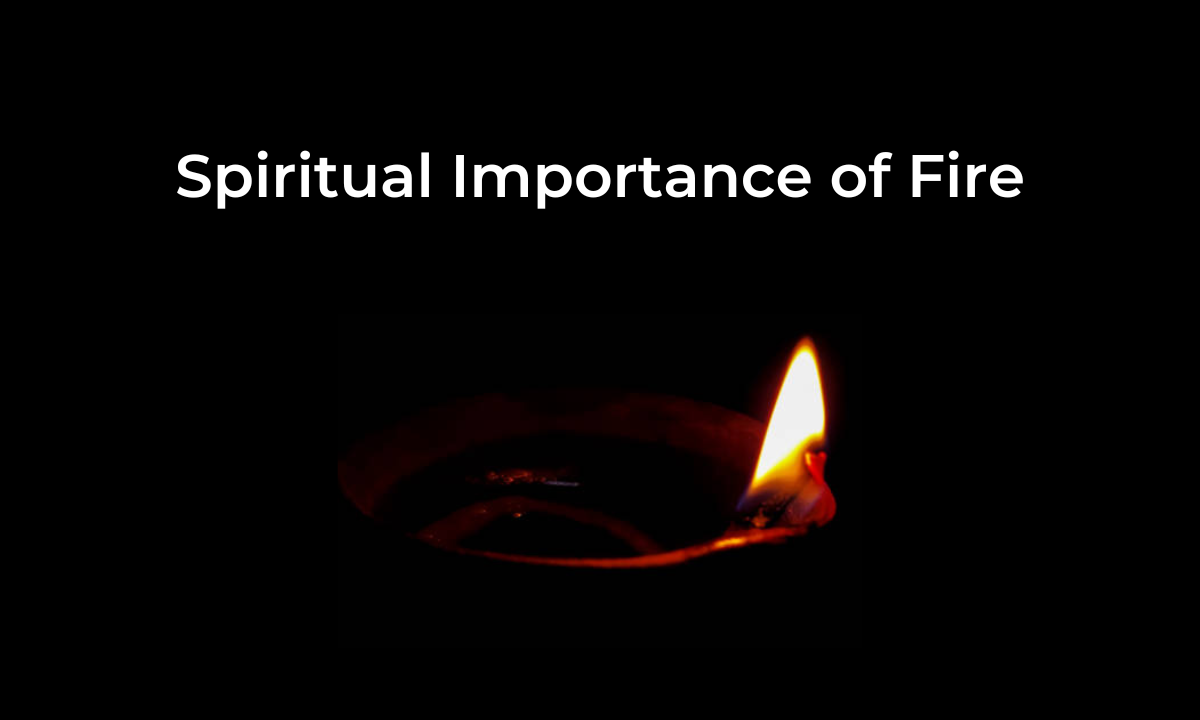Hindu Cremation Rituals are one of the most revered practices in Hindu culture and that mentions how fire is considered as the most important sign that will guide the soul before death. An understanding of the role of fire in this ceremony helps to understand the Hindu belief in life, death, and the afterlife.
In this article, you will explore the spiritual importance of fire in Hindu Cremation ceremonies, the symbolic meaning of the fire, and the customs to which it has lent its name.
Fire in Hindu Philosophy.
Fire (in Hinduism, Agni, the purest form of energy and the messenger between earthly and divine realms) is one of the ancient metaphysical teachings. It is seen as sacred since it can cleanse, transform, and as a bridge from the material world to the world of higher spirits.
Hindu culture is pervaded by fire from birth to marriage and death. Fire is important even during Hindu funeral rites. They are believed to be responsible for releasing the soul from the body, and from then on initiate a soul’s cycle of birth and rebirth, also known as samsara.
Fire in Hindu Cremation Rituals: Significance
1. Fire as a Purifier

Fire, in Hindu Cremation Rituals, stands for purity and transformation. We believe that being a part of the material world, the body is liable to decay. This body is purified of its earthly elements by fire, is returned to nature, and made dust. It follows the central Hindu belief that everything is transient and will return, life included.
This cleansing, by fire only, not only cleanses the body of its physical impurities but clears away the subtle impurities that bind to the karmic nature of the soul so it can rise with the body, without burden. The flames represent a medium through which the soul can be free to its soul to move into spiritual liberty.
2. The Element of Transformation
In Hinduism, death is not a mark of the end of existence, but rather a transition. This process relies on fire, as a transformative force, as an integral part of it. It represents a bridge, of the physical form dissolving into the 5 elements – earth, water, fire, air, and ether, from which life springs forth. Within Hindu Cremation Rituals this transformation shows the essence of the establishment of existence in Hindu philosophy.
The process happening was not just the destruction of the body but the ‘absolute’ in a vital process for the soul to move on to the next stage in its spiritual quest.
3. Breaking Relations with the Material World
Material loss, physical loss is one of the bedrocks of Hinduism, the idea of the detachment of material possessions and physical form. Family members acknowledge the impermanence of life by consigning the mortal remains to fire and by separating the soul from the body. Fire, then, works as a symbolic antithesis, ablating attachments to dwindle out of the earthly bonds so that the soul may outwit and dissociate from them and spiritually advance.
Yet, this aspect of detachment is important in Hindu Cremation Rituals because Hindus remind both the dead and the living of it, and that nothing is permanent.
Hindu Cremation Rituals and the role of fire.
Fire is central to every sequence of meaningful rituals that take place in Hindu cremation ceremonies. These ceremonies are very designed with spiritual and familial responsibilities in mind.
1. Final Bathing and preparations
The body of the deceased is bathed and dressed in fresh cloth, symbolising purity (before cremation). Flowers and prayers from family members pay them their respects. The world of reverence for the physical body, which had been a vessel for the soul, is the subject of this stage.
2. The Pyre and the Role of Fire
A funeral pyre, usually made of wood, ensues next. The eldest son (or some close male family member) lights the pyre fire. It is important spiritually. The family bears responsibility for the lighting of the pyre and for the soul’s freeing.
The fire’s flames are said to release the prana (life energy) of the deceased and to help the deceased travel the path into the afterlife. It is the border between the physical and the spiritual.
3. Chanting of Sacred Mantras
Sacred mantras and Hindu scriptures hymns are chanted during the cremation services in Bangalore. These mantras with the power of fire, it is said, give direction to the soul toward enlightenment and liberation eventually. The cosmic energies around the flames join the vibrations of the chants and create a spiritual and peaceful atmosphere.
Symbolism of Ashes in Hindu Cremation Rituals.
Once the body has been cremated the ashes are collected and the ashes are immersed in a holy river, this is usually the Ganges. The symbol involved in this act is part of Hindu Cremation Rituals. The ashes themselves are the physical remains of the mortal body, and when you immerse them in water you have completed the circle of returning to nature.
The immersion is also the last purification stage of the process which means a soul has broken all earthly bonds and is one with the universe. The flowing water helps the ashes away and reminds people about how fleeting life is.
Liberation and Moksha as a Fire medium
The great fundamental goal of Hinduism is moksha or liberation from the cycle of death and re-birth. In cremation rituals, fire is a liberating force that helps the soul in its spiritual path. Fire burns the body, and destroys all previous attachments, as well as past karma, as the soul is moved closer toward moksha.
Hindu Cremation Rituals reflect the belief that fire as a medium for liberation makes it a spiritually important substance. It is more than an element of destruction, it is a vehicle that begins to wake one up and break free.
Modern Observation and Changes
In rural India, traditional Hindu Cremation Rituals continue; in urban areas, cremations are changing. One example is the increasing amount of electric crematoriums replacing wood pyres. But these modern methods preserve the core spiritual meaning of fire — only the means of purifying and transitioning through fire itself remains.
While there is a practical transformation for fire as a vehicle that takes the soul on its journey, still Hindus consider it as a divine facilitator.
Conclusion
No one should underestimate the spiritual importance of fire in Hindu Cremation Rituals. It is an important symbol of purity, transformation, and liberation in Hindu philosophy and rituals. Fire is the means for the physical world to merge with the spiritual world and to accordingly bring forth the union to the destination the soul is destined for next in the cyclical pattern of existence.
These rituals serve not only to honour the deceased but also to reaffirm the Hindu principles of detachment, spiritual growth, and the impermanence of life. For those left behind, the ritual of fire is a powerful reminder of life’s transient nature and the enduring journey of the soul.
As a trusted provider of funeral services in Bangalore, Kaashimukthi provides comprehensive assistance to Hindus who require performing their Cremation Rituals and indulging in these traditional rituals with due care and dignity.

Madhu is an Entrepreneur, a Mentor, a Writer and an Aspiring Car Race Driver. He is Deeply passionate about leveraging Technology and Human Centred Design to make complex care and End of Life Planning easier. With the ultimate aim of Improving the quality of Life in the Twilight years. Madhu is highly educated and Alumni of IIM-Bangalore, Sikkim Manipal University and Bangalore University besides a Rich Industry Experience in the field of Product Management, Design, Supply chain, Finance, Commercial Management and Funeral Services.

